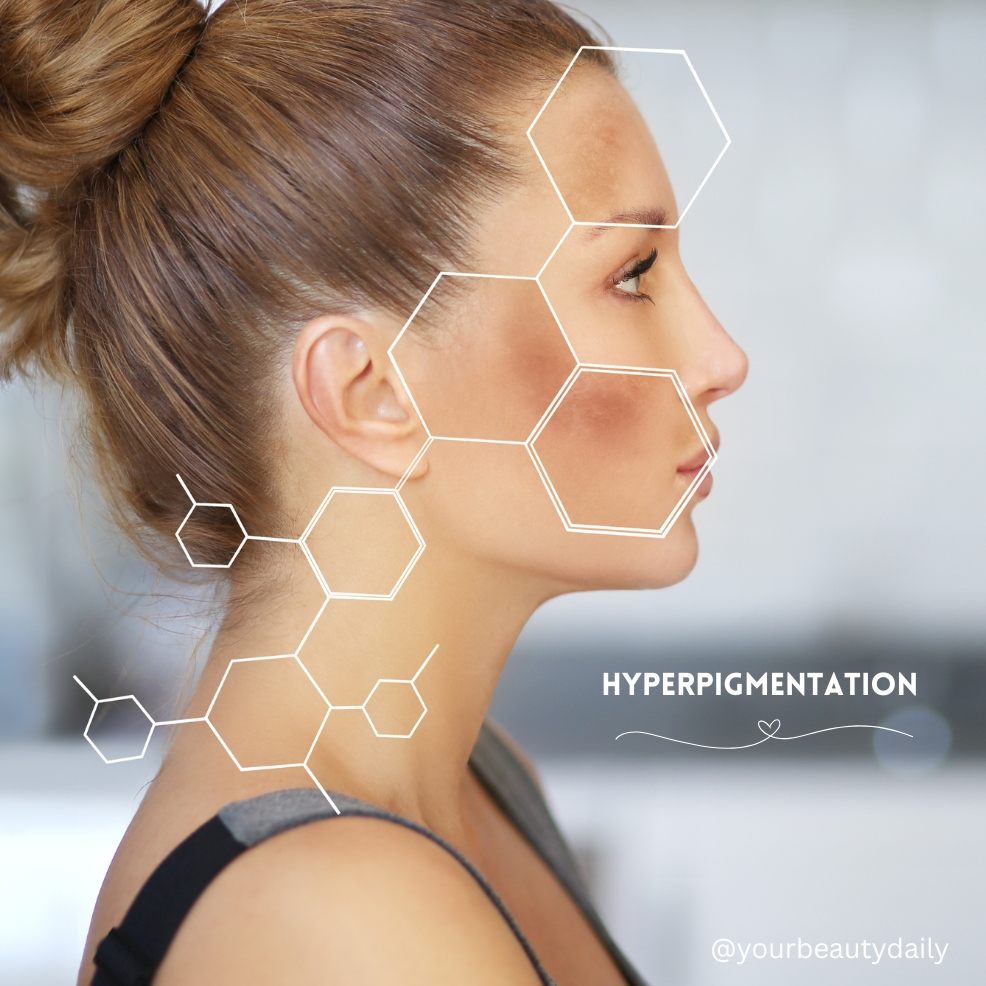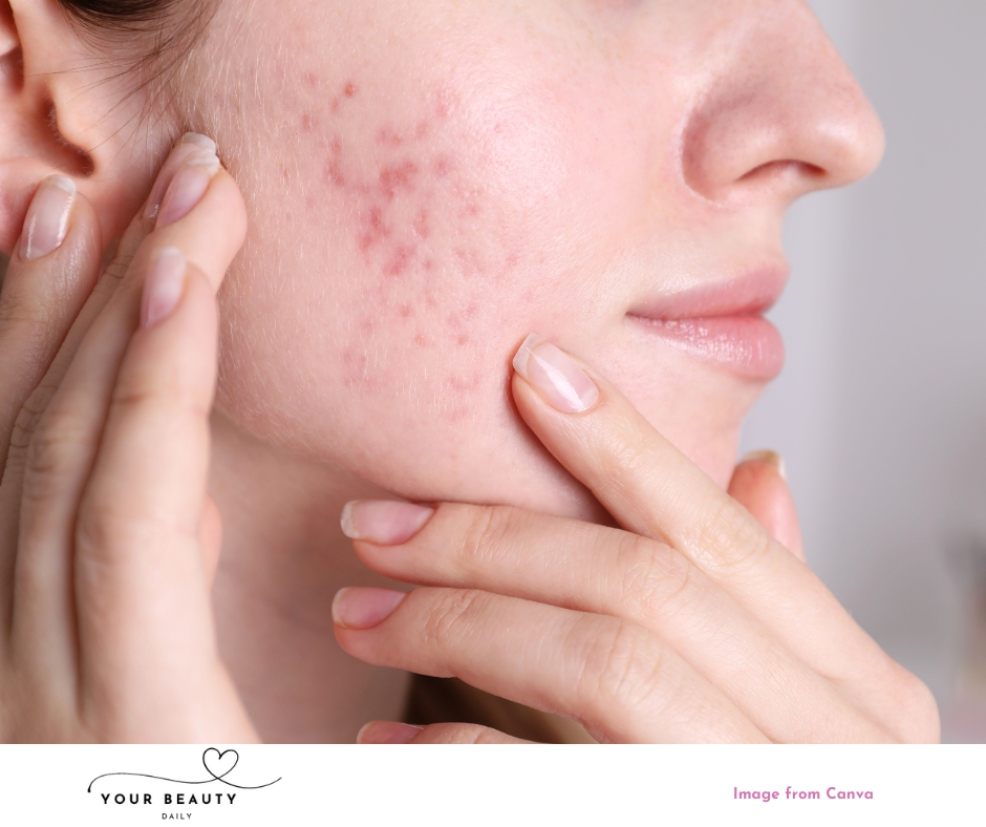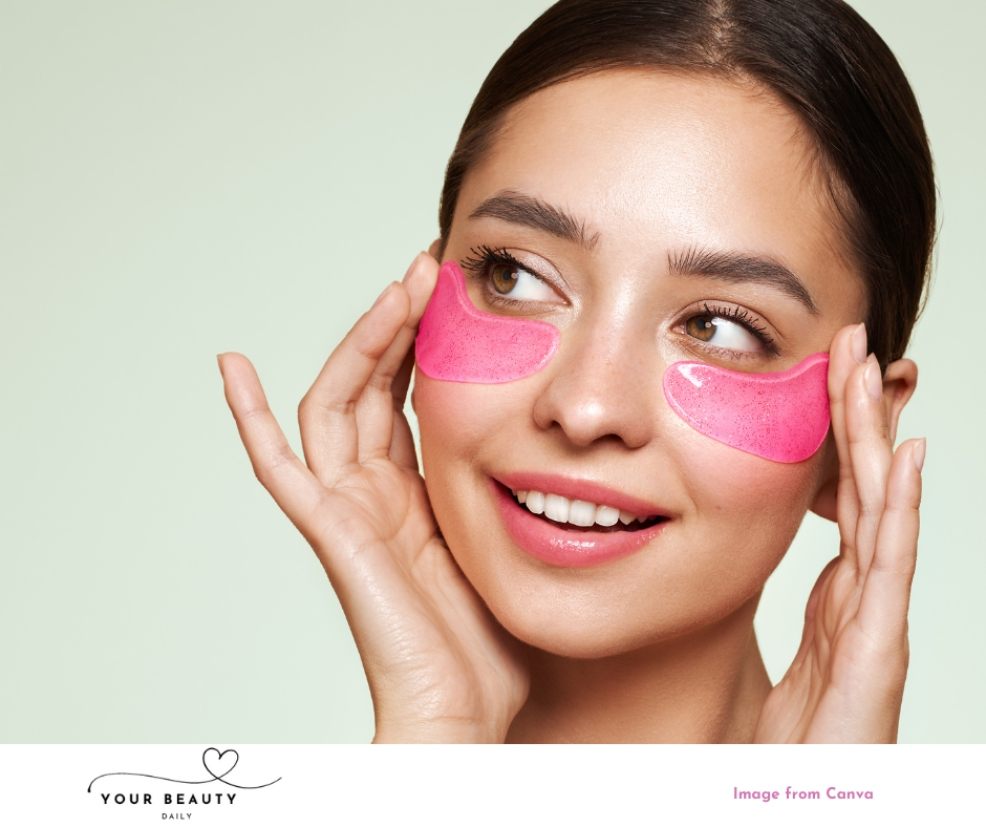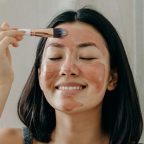
Beauty Experts Share Top Tips on How to Prevent the UK's Leading Skincare Concerns
New research has revealed that hyperpigmentation is the most common skin concern in the UK, with over 141,800 monthly searches for the skincare condition.
Experts at the beauty and wellness marketplace Fresha analysed online search volume data to determine which skincare conditions have amassed the highest online searches in the UK. The skin conditions with the highest monthly search volumes then determined the final ranking.
The 10 most Googled skin concerns in the UK:
| Rank | Concern | Average Monthly Search Volume |
| 1. | Hyperpigmentation | 141,858 |
| 2. | Rosacea | 113,958 |
| 3. | Dermatitis | 111,937 |
| 4. | Puffy Eyes | 66,287 |
| 5. | Blackheads and Whiteheads | 63,421 |
| 6. | Milia | 48,181 |
| 7. | Acne | 36,800 |
| 8. | Jowls | 33,267 |
| 9. | Wrinkles | 23,983 |
| 10 | Dry Skin | 18,595 |
Hyperpigmentation
The study reveals that hyperpigmentation is the UK’s leading skincare concern in 2025, with an average of 141,858 online searches per month. This skin condition causes patches of skin to suddenly become darker than the surrounding skin, due to excess production of melanin.
The condition may be triggered by sun overexposure or other health conditions and may occur during pregnancy. Hyperpigmentation can often be a sign of another underlying medical condition, which is why it’s so important to consult a medical professional if you notice any signs of the condition.
One of the most effective ways to prevent hyperpigmentation is to always wear sunscreen, even during cloudier days, to prevent lasting sun damage. Using skincare products that contain SPF is another effective way to prevent skin conditions caused by sun overexposure.
A beauty expert from Fresha has commented on how to prevent the condition:
“While hyperpigmentation isn’t generally a harmful condition, it can often be a reminder to protect your skin from sun damage. You should apply products containing SPF as the last step in your skincare routine to allow your skin to receive maximum protection as you spend more time outdoors. It’s vital to use a high SPF of at least 30 and wait at least 20 minutes after application before going outside.”
Rosacea
The study reveals that rosacea is the UK’s second-leading skin concern, with 113,958 average monthly searches for the condition. Rosacea is a long-term skin condition that appears as redness particularly across the nose, forehead, and chin. While the condition only lasts for a few minutes at a time, it can cause your face to feel uncomfortable and even painful. You may notice signs of rosacea if you experience stinging on the face while using skincare products. Other symptoms of the condition may include excessively dry skin or swelling.
While rosacea is a common skincare condition, episodes can be uncomfortable and can cause eye irritation and burning sensations. The condition is more common in women, with celebrities such as Renée Zellweger and Zara McDermott being open about their struggles with the condition.
Alcohol consumption can be a common trigger for those with rosacea, which is why it may be beneficial to reduce your alcohol intake if you frequently suffer from rosacea flare-ups. Sun overexposure can be another significant trigger for rosacea, which is why it’s so important to always use skincare products containing SPF and to always wear sunscreen during warmer temperatures.
“If you’re struggling with rosacea, then ensure that you’re using a gentle facial cleanser in your skincare routine and to avoid products containing harsh exfoliating acids, as these can dry out your skin further. Don’t forget to finish your skincare routine with a light moisturiser to help prevent the buildup of dry skin associated with rosacea.”
Dermatitis
The research found that dermatitis is the third most prevalent skin concern in the UK, amassing 111,937 online searches per month. Dermatitis is a common form of eczema that can cause skin to become itchy, blistered, and exceptionally dry. The condition is typically triggered following exposure to an irritant or allergen.
Dermatitis can cause the skin to become swollen and may cause a rash to develop. If you suspect that you’re struggling with dermatitis, then it’s important to consult a medical professional as soon as possible as the condition is typically treated via medicated creams.
“If you struggle with dermatitis, then using a light moisturiser is one of the most effective ways to prevent the soreness and buildup of dry skin associated with the condition. Avoid using harsh facial cleansers or exfoliating acids, as this can often worsen symptoms.
“Instead, opt for light skincare products that are fragrance-free to avoid triggering allergens. If you regularly suffer from dermatitis, then ensure that you’re always patch testing new skincare products before use to avoid a flare-up.”
Puffy Eyes
The study reveals that puffy eyes are the fourth most searched-for skin concern in the UK, with an average of 66,287 monthly searches online. Puffy eyes are characterised by a mild swelling under the eyes, which is often caused by an accumulation of fluid that collects around the eyes and surrounding skin tissue. The condition may also cause dark circles or redness around the eyes and becomes more common with age.
Puffy eyes can be caused by several factors, such as allergies, over-consumption of alcohol, or tiredness. If you regularly experience painful swelling under the eyes, which may cause disruption of your vision, then it’s important to consult a medical professional as this is often a sign of an underlying medical condition. Conditions such as conjunctivitis can also cause the eyes to swell, so it’s important to treat this as soon as possible if you suspect that something is wrong.
“If the puffy eyes are caused by tiredness, then there are various ways in which you can treat this at home. Gently using a jade roller or a gua sha tool that has been stored in the fridge can help to reduce the appearance of swelling under the eyes. Applying gel eye masks that have been chilled in the fridge can also visibly reduce the appearance of excess fluid retention under the eyes.
“Caffeine eye creams are also highly effective for tired eyes, visibly reducing the appearance of puffiness and dark circles. These eye creams often contain other beneficial ingredients, such as vitamin C, which can help to perk up tired eyes. Ensure that you’re always applying under-eye creams gently to avoid worsening any puffiness.
“Puffy eyes can also be linked to the over-consumption of salt, so it may be necessary to make some changes in your daily diet if you frequently suffer from under-eye swelling.”
Blackheads and Whiteheads
Blackheads and whiteheads are the UK’s fifth most prominent skin concern, amassing an average of 63,421 monthly searches. Blackheads and whiteheads are both a common form of acne and appear as either small black or white bumps on the back, shoulders, or face.
Both blackheads and whiteheads are caused by clogged pores and respond to similar treatment styles. Using a gentle cleanser is one of the most effective ways to treat blackheads and whiteheads as it can effectively remove the buildup of bacteria in the pores. Adding an exfoliating acid into your skincare routine can also prevent pores from becoming clogged, but it’s important to ensure that your exfoliator doesn’t contain any harsh acids that may dry out or irritate the skin.
“While it may be tempting to pick at blackheads and whiteheads yourself, it’s important to note that this can cause further damage to your skin and increase bacterial buildup. Always avoid touching your face to prevent your pores from becoming clogged with excess oil and bacteria. Ensure that you’re not skipping out the moisturiser part of your skincare routine as dehydrated skin can often produce excess oil, causing your pores to become clogged.
“Pore strips can effectively remove pesky blackheads and whiteheads. However, it’s important not to overuse these as they can also strip your pores of healthy substances. While pore strips are great for a temporary fix, ensuring that your skin is kept oil-free is one of the most effective ways to prevent blackheads and whiteheads from returning.”
Other common skin concerns in the UK include milia, with 48,181 online searches per month, and acne, with 36,800 average monthly searches.
The research also reveals that residents in Birmingham may be struggling more with their skin than any other UK area, amassing a total of 1,677.70 average monthly searches for various skin concerns.
Other UK areas that may be struggling with skincare concerns include Oxford, with 1,584.21 average monthly searches, and Newcastle, with 1,506.45 average online searches for skin conditions.
A spokesperson for Fresha has commented:
“As the weather starts to heat up, it’s important to be mindful of your exposure to the sun, particularly when it comes to applying and re-applying SPF. The root cause of many of these prominent skin conditions is sun overexposure, which is why it’s so crucial that you’re taking the correct precautions to protect your skin during the spring and summer months ahead.
“It’s also beneficial to be aware of the products that you’re using during your daily skincare routine, as certain skincare products may cause more harm than good. Avoid using heavy moisturisers and strong exfoliators, especially during the warmer months ahead, to reduce the risk of skin irritation and clogged pores.”
This information was provided by experts at the beauty and wellness marketplace Fresha.






